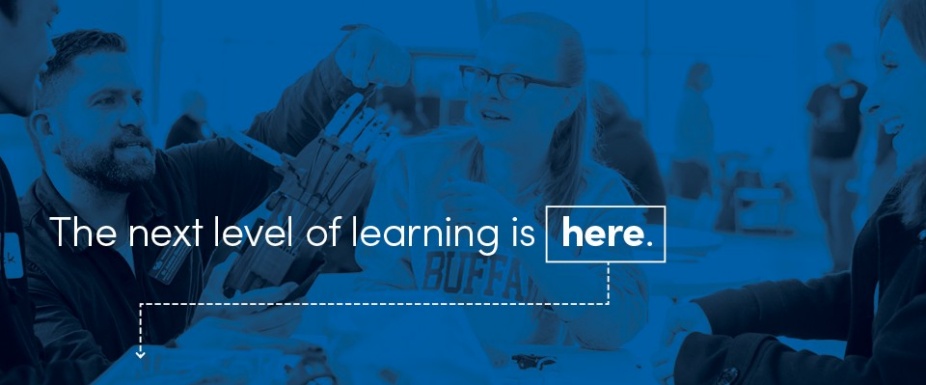Micro-credentials

Micro-credentials showcase the knowledge you've acquired on the road to mastering skills in your area of interest. Smaller than a minor, certificate or degree program, micro-credentials equip learners with digital badges that showcase their achievements and all it took to get there.
What is a micro-credential?
Micro-credentials allow you to meet your personalized learning needs by gaining knowledge and skills in areas that are relevant to your academic or professional goals. They equip you with digital badges that showcase your achievements and all it took to get there.
When you complete a micro-credential program you will earn a digital badge, or a series of digital badges. A digital badge is an icon, but it is not a static image in that is click-able, and houses information, including the issuing institution, the date earned, the criteria required to earn the badge, and the evidence that shows that you have met the required criteria. Digital badges are dynamic credentials that you own, so you can decide how you want to use them. Digital badges can be put on social media sites, added as a link on your digital résumé, embedded in your e-portfolio, and more.
What are the benefits?
- Earn stackable skills that differentiate you, academically and professionally.
- Personalize your learning through credit and non-credit bearing opportunities.
- Display badges that contain your achievements and competencies to employers, colleagues and peers.
- Gain skills to keep you at the leading edge of your discipline, whether you’re a current UB student, prospective student or industry professional.







